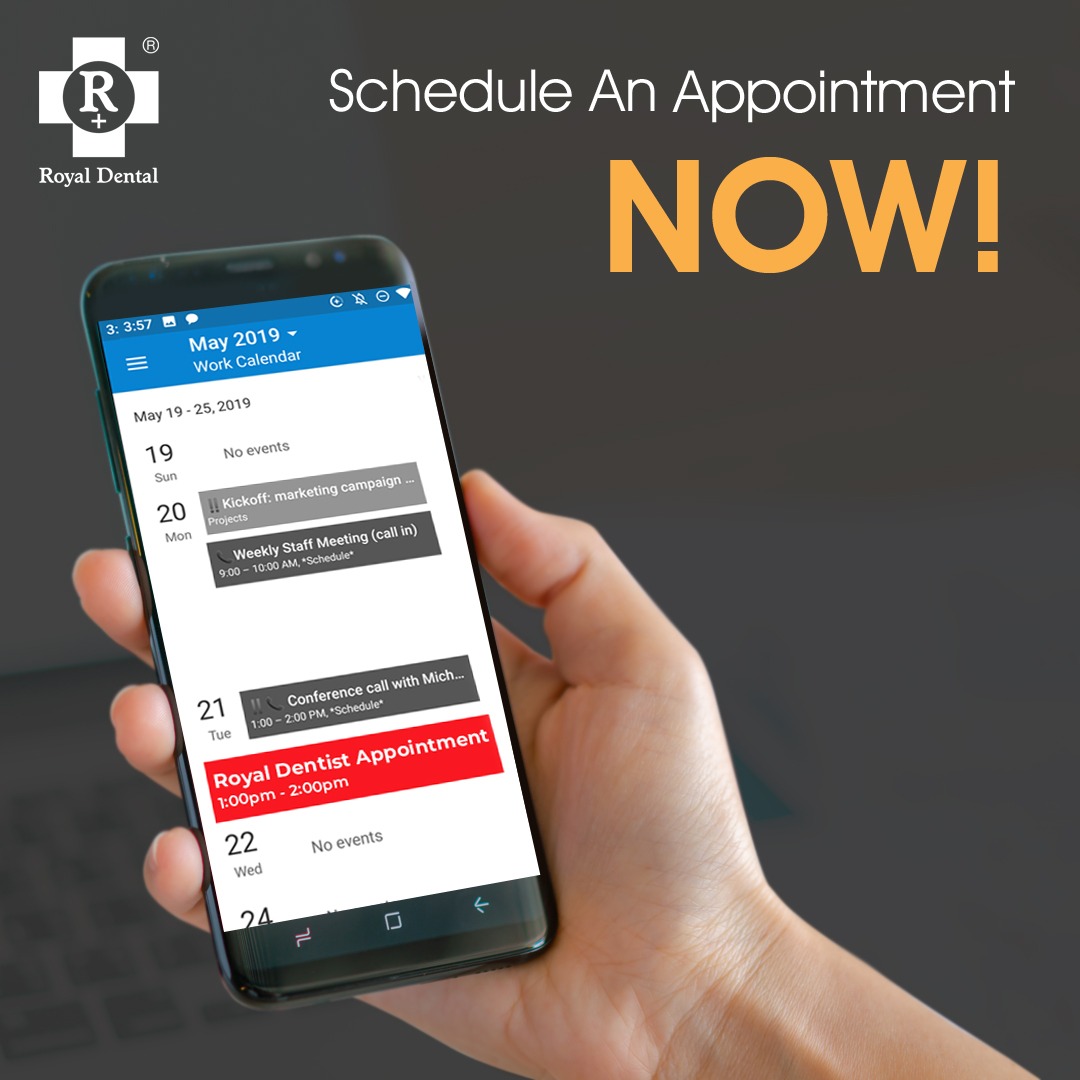Visiting the dentist regularly is essential to maintaining good oral hygiene, but it can be a hassle for some. Between the fear of the unknown and the discomfort of sitting in a chair with dentist, many people dread dental appointment for treatment. However, with the right mindset and preparation, you can make the most out of your dental appointments and improve your overall oral health. In this article, we’ve gathered the top tips from dental experts on how to maximize your dental appointments. Whether you’re looking to improve your dental hygiene routine or want to make the most of your time with your dentist, these tips will help you achieve just that.
Why Regular Dental Appointments are Important?
Regular dental appointments are crucial to maintaining good oral health. Your dentist can identify and treat any oral health issues before they become more severe. Dental problems such as cavities and gum disease can lead to more significant health problems if left untreated. Additionally, regular dental checkups can help you prevent future dental problems by identifying areas of concern before they become severe.
Visiting your dentist every six months is recommended for most people. However, your dentist may recommend more frequent visits based on your individual needs. If you have a history of dental problems or are at a higher risk for developing dental issues, your dentist may recommend more frequent visits.
How to Prepare for Your Dental Appointment?
Preparing for your dental appointment can help reduce anxiety and ensure you make the most out of your time with your dentist. Here are some tips to help you prepare for your dental appointment:
Bring a list of questions: Before your appointment, write down any questions or concerns you have about your oral health. This will help ensure you don’t forget anything during your appointment.
Arrive early: Arriving early can help you relax and fill out any necessary paperwork before your appointment.
Brush and floss before your appointment: This will help ensure your teeth are clean and make it easier for your dentist to examine your teeth.
Bring your insurance card and ID: Make sure you have your insurance card and ID with you to ensure a smooth check-in process.
Wear comfortable clothing: Wear comfortable clothing to your appointment, as you may be sitting in a chair for an extended period.
Preparing for your dental appointment can help you feel more relaxed and prepared during your appointment, ensuring you make the most out of your time with your dentist.
Questions to Ask Your Dentist for Your Oral Health
Asking questions during your dental appointment can help you gain a better understanding of your oral health and how to maintain it. Here are some questions you should consider asking your dentist during your appointment:
What can I do to improve my oral health?
Are there any areas of concern I should be aware of?
How often should I visit the dentist?
Am I using the right toothbrush and toothpaste for my oral health needs?
Are there any specific foods or drinks I should avoid to maintain good oral health?
Tips for Improving Your Dental Hygiene Routine!
Maintaining good dental hygiene is essential to good oral health. Here are some tips to help you improve your dental hygiene routine:
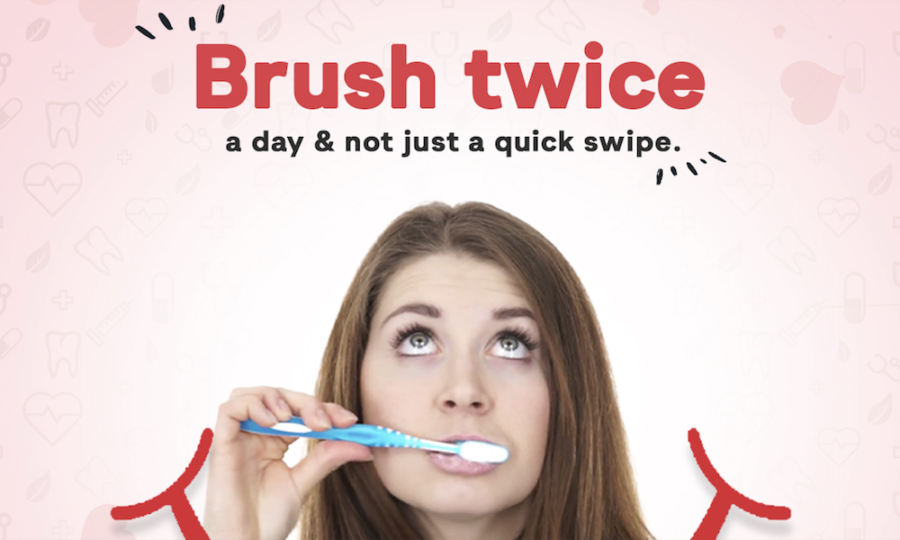
Brush twice a day: Brushing your teeth twice a day can help remove plaque and prevent cavities.
Use mouthwash: Mouthwash can help kill bacteria and freshen your breath.
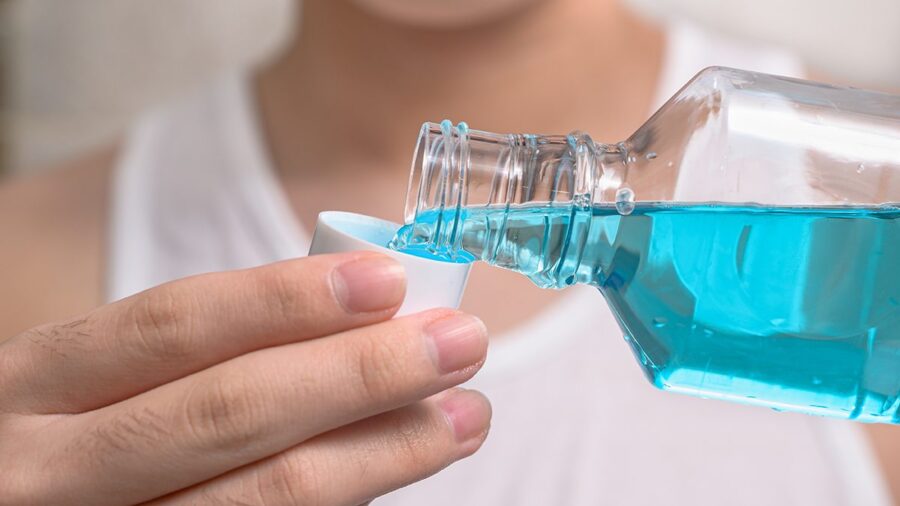

Avoid sugary foods and drinks: Sugary foods and drinks can lead to cavities and other dental problems.
Floss daily: Flossing can help remove food particles and plaque from between your teeth.
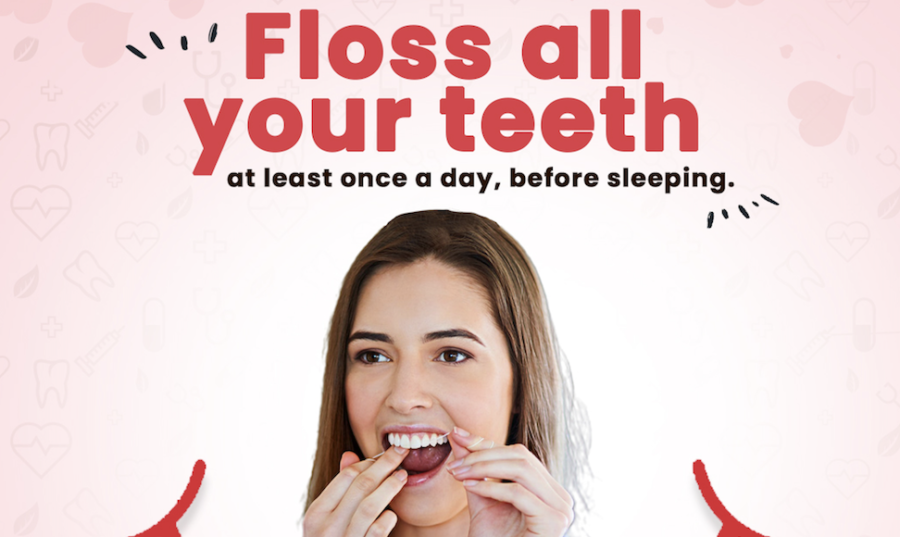
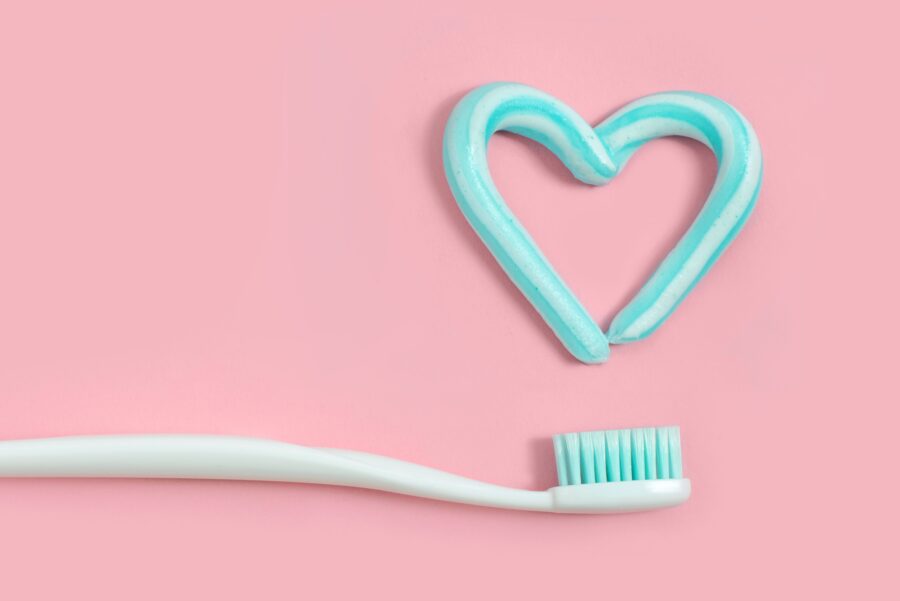
Replace your toothbrush every three to four months: Old toothbrushes can harbor bacteria and be less effective at cleaning your teeth.
By incorporating these tips into your daily routine, you can improve your dental hygiene and maintain good oral health.
How to Make the Most of Your Time with Your Dentist?
Making the most of your time with your dentist can help ensure you get the most out of your dental appointment. Here are some tips to help you make the most of your time with your dentist:
Be honest about your oral health: It’s essential to be honest with your dentist about your oral health and any concerns you may have.
Ask questions: Asking questions can help you gain a better understanding of your oral health and how to maintain it.
Take notes: Taking notes during your appointment can help you remember important information discussed during your appointment.
Follow your dentist’s recommendations: Following your dentist’s recommendations can help improve your oral health and prevent future dental problems.
By making the most of your time with your dentist, you can gain a better understanding of your oral health and how to maintain it.
Understanding Dental Procedures and Treatments
Dental procedures and treatments are necessary to maintain oral health and prevent dental issues such as cavities, gum disease, and tooth loss. Here are some common dental procedures and treatments:
Teeth cleaning: This is a routine procedure that involves the removal of plaque and tartar from teeth surfaces. It is usually performed by a dental hygienist.
Fillings: This is a common dental procedure used to fill cavities. The dentist will remove the decayed portion of the tooth and fill the space with a material such as composite resin or amalgam.
Root canal: This procedure is done to save a severely infected or decayed tooth. The dentist will remove the infected pulp, clean the root canal, and fill it with a material to prevent further infection.
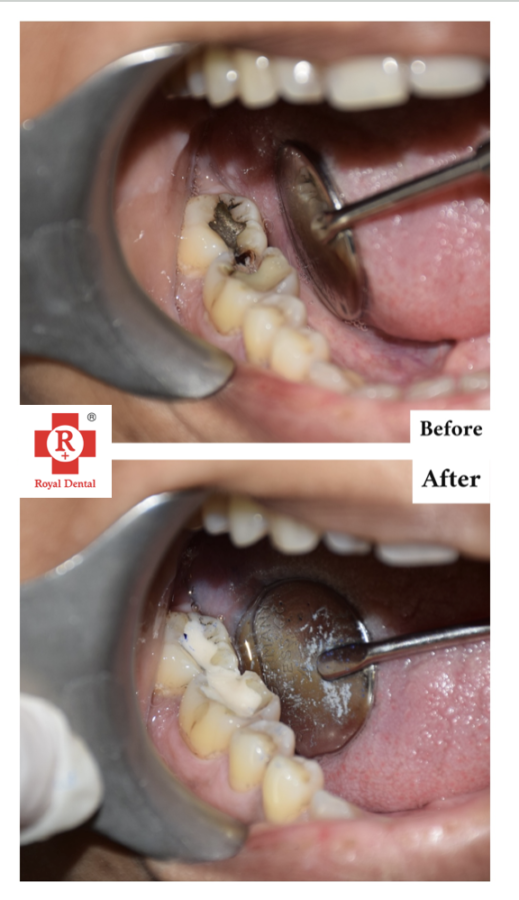
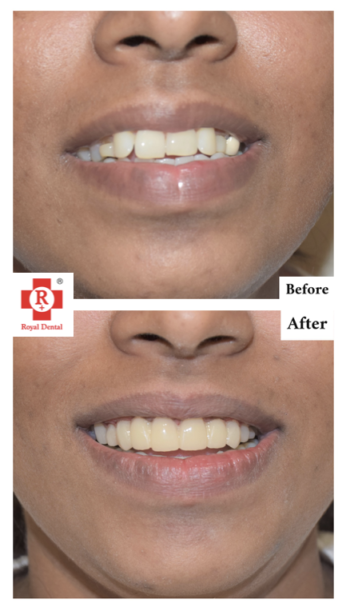
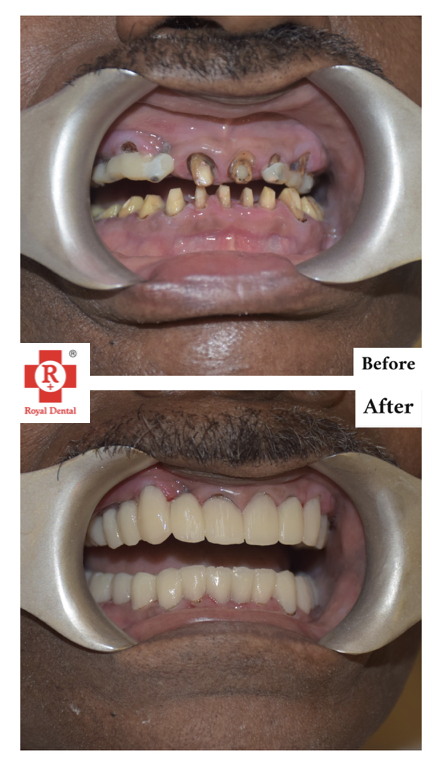
Tooth extraction: This is a procedure used to remove a severely damaged or infected tooth. The dentist will numb the area, remove the tooth, and provide aftercare instructions.
Crowns: This is a dental treatment that involves placing a cap over a damaged or decayed tooth to protect it from further damage.
Bridges: This is a dental treatment that involves placing a false tooth between two healthy teeth to fill a gap caused by missing teeth.
Understanding Few More Dental Procedures and Treatments
Dentures: This is a dental treatment that involves removable false teeth to replace missing teeth.
Implants: This is a dental treatment that involves inserting a metal post into the jawbone to support an artificial tooth.
Orthodontic treatment: This is a dental treatment that involves the use of braces or clear aligners to straighten crooked teeth or correct a misaligned bite.
Gum disease treatment: This is a dental treatment that involves cleaning the gums to remove plaque and tartar buildup and prevent further damage to the teeth and gums.
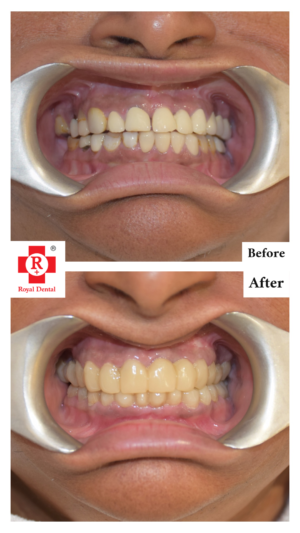
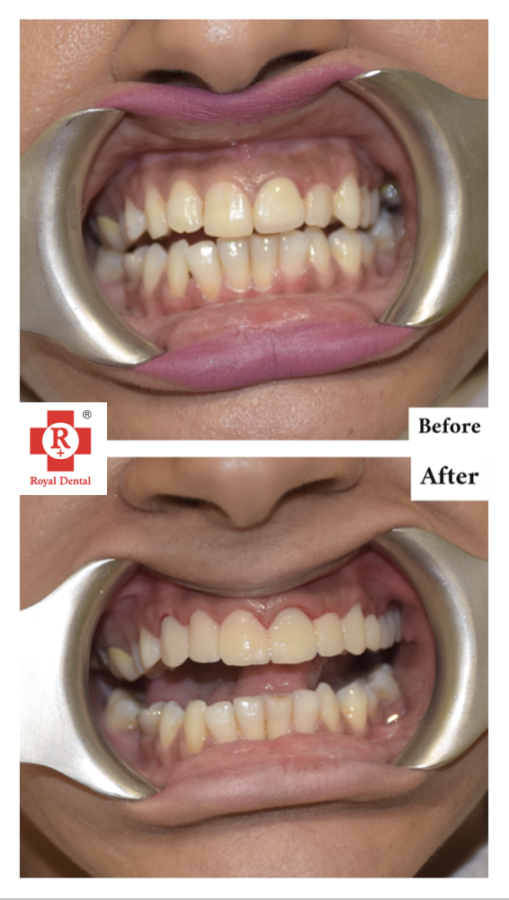
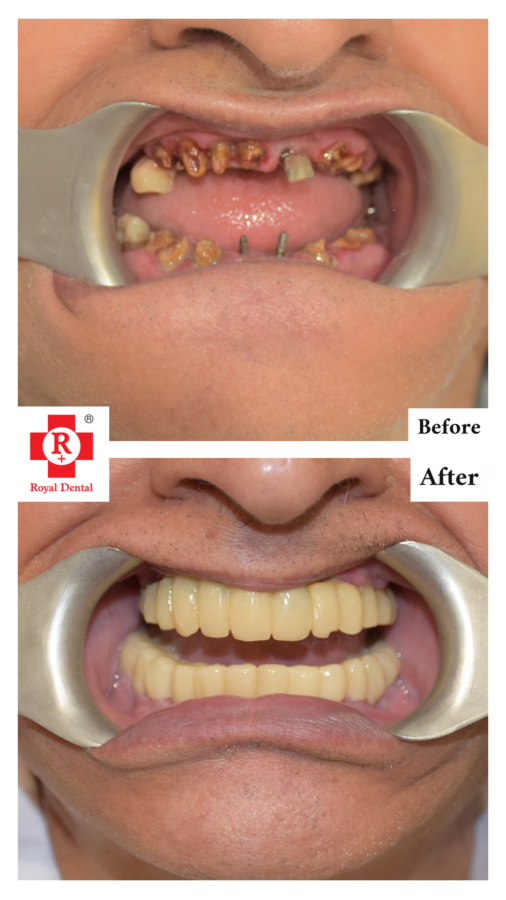
Importance of Following Up with Your Dentist After Your Appointment
Following up with your dentist after your appointment is essential for maintaining good oral health. Here are some reasons why following up with your dentist is important:
Monitor Progress: Following up with your dentist allows them to monitor your progress and track any changes or improvements in your oral health. They can also identify potential issues early and prevent them from becoming more severe.
Address Concerns: If you have any concerns or questions about your oral health or treatment plan, following up with your dentist provides an opportunity to discuss them and receive answers and advice.
Prevent Future Dental Problems: Regular checkups and follow-up appointments can help prevent future dental problems by identifying and treating minor issues before they become more serious.
Maintain Dental Treatment: Following up with your dentist is necessary to maintain dental treatment, such as fillings, crowns, and dental implants, to ensure they are functioning correctly and not causing any problems.
Improve Overall Health: Poor oral health can lead to other health issues, such as heart disease and diabetes. Following up with your dentist can help maintain good oral health and prevent these health issues.
Dental Technology Advancements that Benefit Patients
Advancements in dental technology have made dental procedures and treatments more comfortable and effective for patients. Here are some dental technology advancements that benefit patients:
Digital x-rays: Digital x-rays are faster and more accurate than traditional x-rays.
Intraoral cameras: Intraoral cameras allow dentists to see inside the mouth and identify areas of concern more easily.
Laser dentistry: Laser dentistry is less invasive and can lead to faster healing times.
3D printing: 3D printing is used to create custom dental implants and other dental devices more accurately.
By using these dental technology advancements, dentists can provide more comfortable and effective treatments for their patients.
Common Dental Myths Debunked
There are many dental myths out there that can lead to misinformation about oral health. Here are some common dental myths debunked:
“You don’t need to floss.”
Flossing is essential to maintaining good oral health and preventing cavities.
“Whitening toothpaste can whiten teeth.”
Whitening toothpaste can remove surface stains but cannot whiten teeth.
“Brushing harder is better.”
Brushing too hard can damage tooth enamel and lead to gum recession.
“You only need to visit the dentist when you have a problem.”
Regular dental checkups are essential to maintaining good oral health and preventing dental problems.
By understanding these common dental myths, you can gain a better understanding of how to maintain good oral health.
Conclusion
Visiting the dentist regularly and maintaining good oral hygiene is essential to good oral health. By following the tips and advice from dental experts in this article, you can take control of your dental health and make the most out of your dental appointments. Remember to ask questions, be honest about your oral health, and follow your dentist’s recommendations for optimal oral health.

